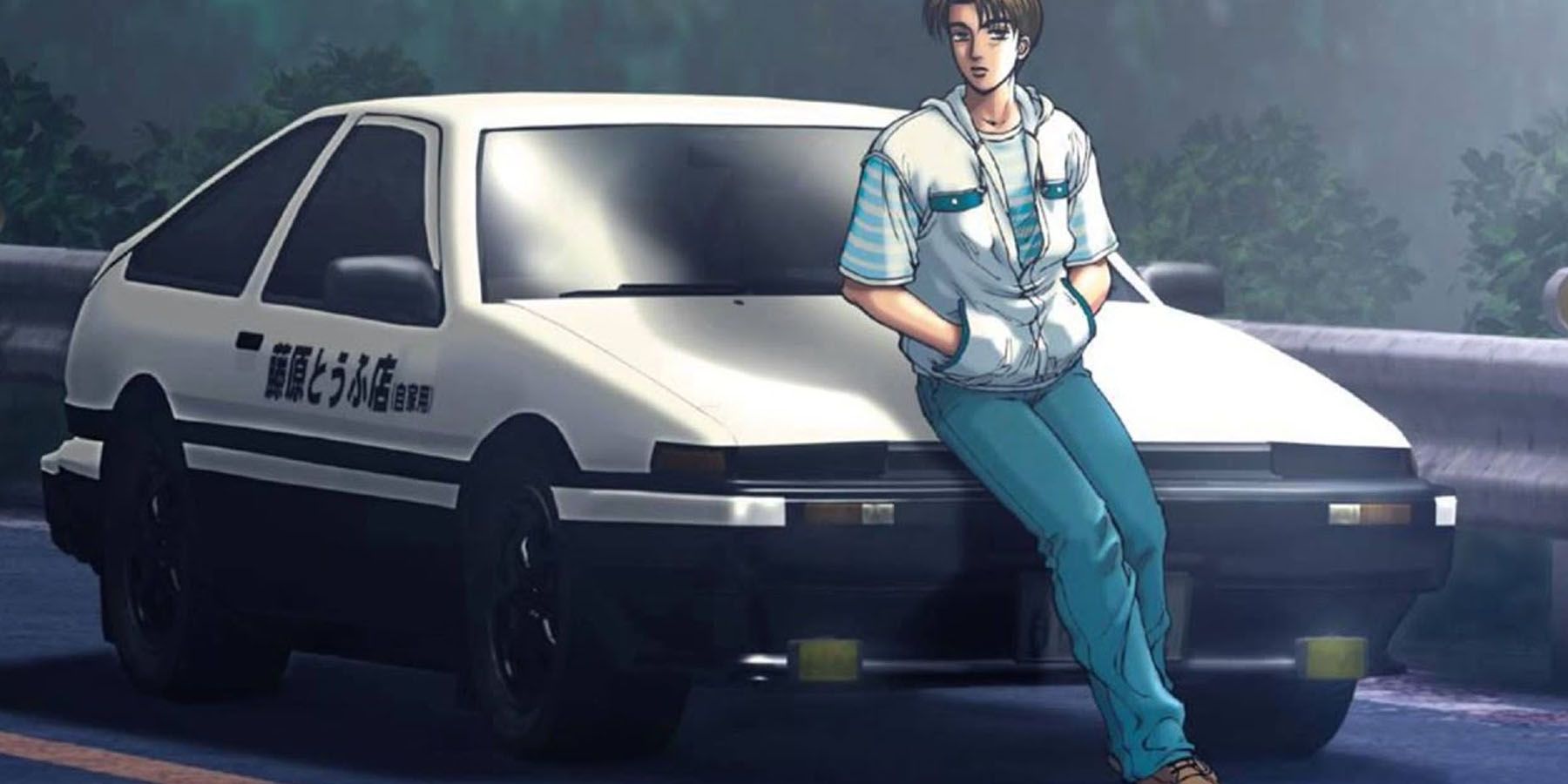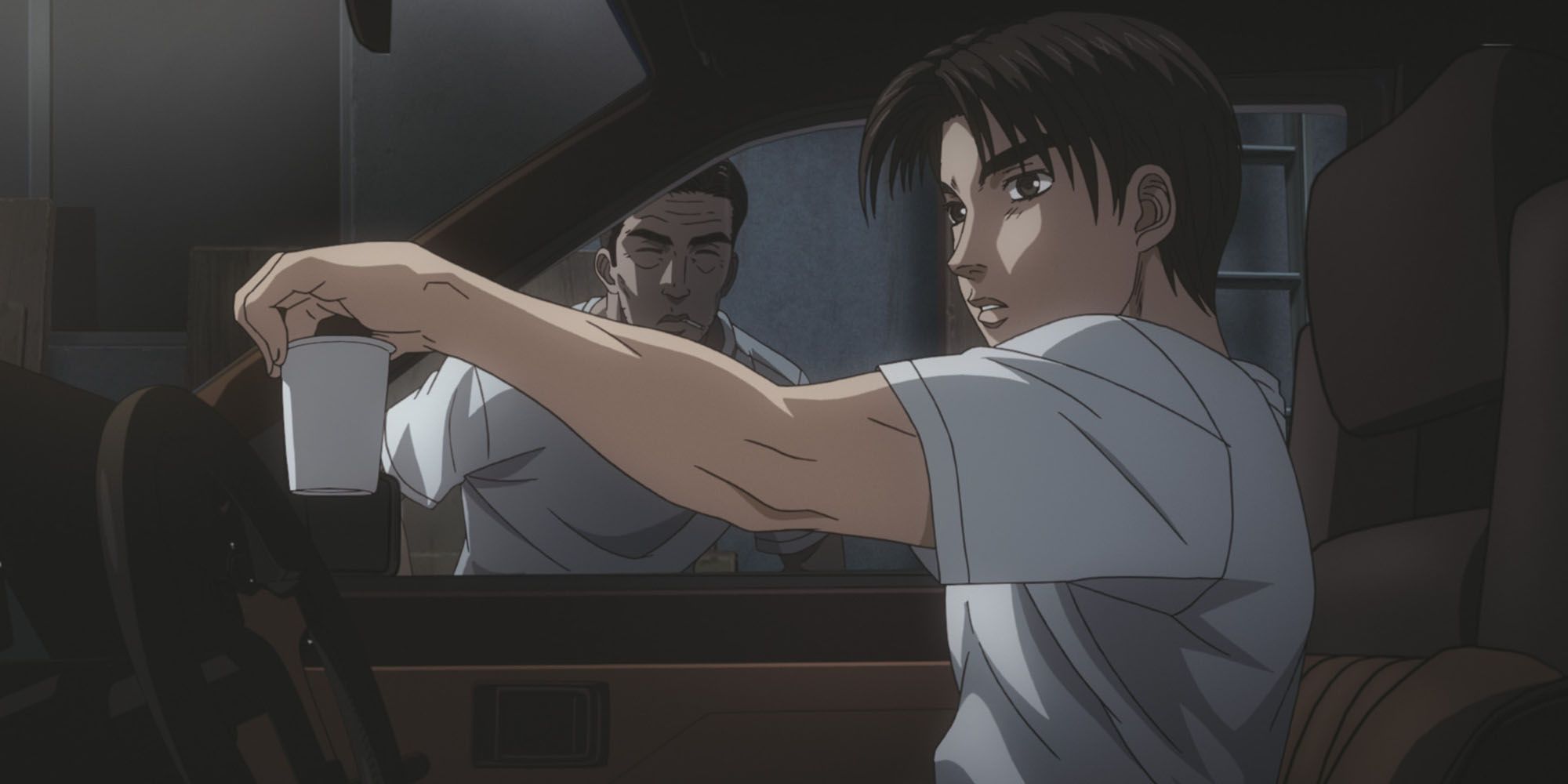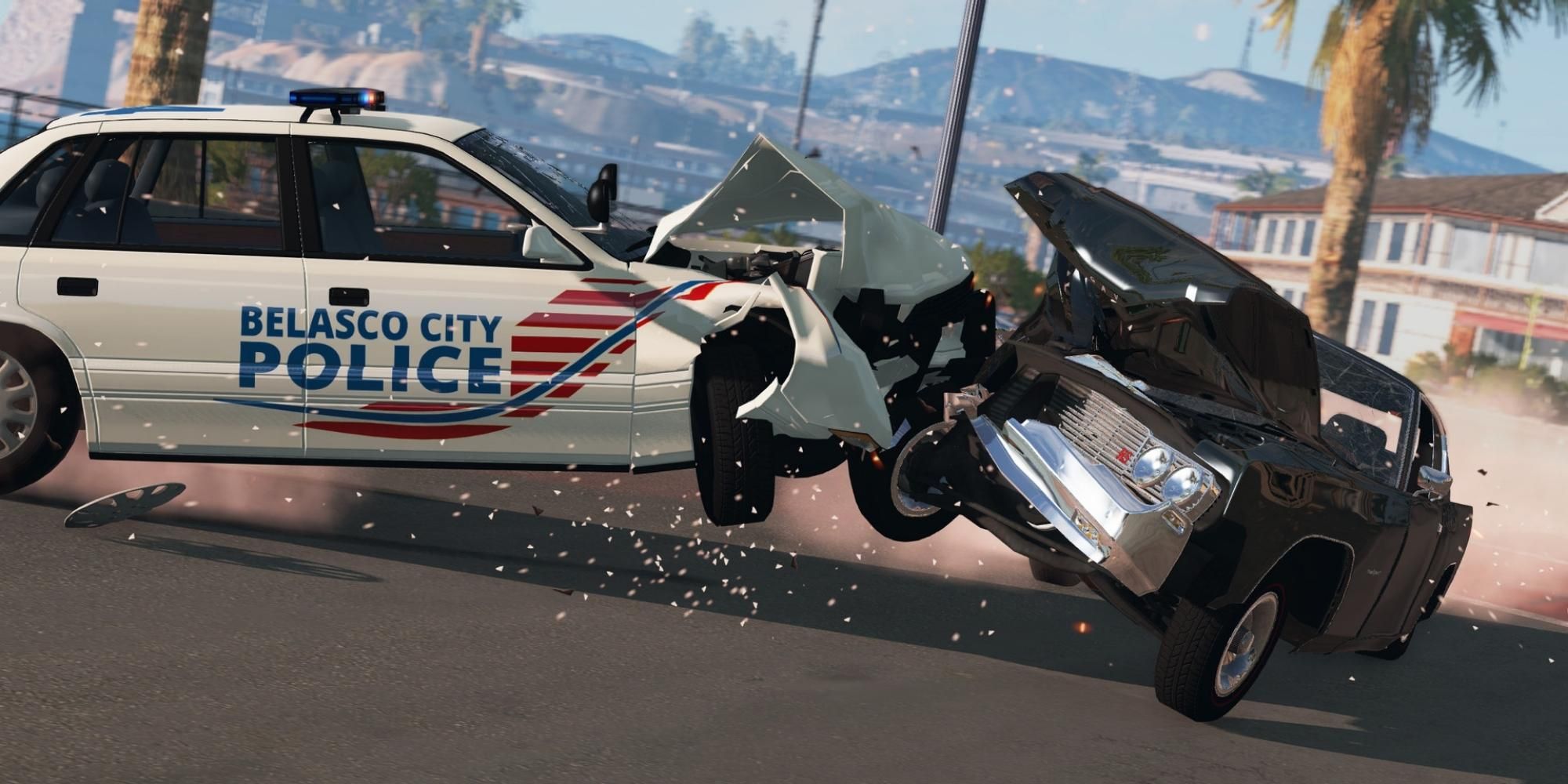The year is 2002, and one of the biggest names in anime fandom is Tokyopop. Tokyopop revolutionized manga in America with not only a standard $9.99 price tag across all titles (minus specialty titles here and there), but with their “100% Authentic Manga” line. While manga in the past from companies like Viz and Dark Horse Comics took several months to translate due to flipping the artwork and replacing the sound effects, Tokyopop streamlined the process by leaving their manga unflipped and by leaving the sound effect artwork untouched.
The end result was a manga boom in America, and books with Tokyopop’s iconic mascot (a fish-wearing headphones called Robo Fish) were everywhere. This also started the tradition of teenagers sitting down at Borders Books, reading as many manga as they could! Once the manga market was conquered, Tokyopop decided they wanted to tackle the anime market next. They picked a huge hit franchise from Japan, announced to the world their plans, and waited for success to come. Sadly, they made a crucial mistake in their announcement.
What is Initial D?
The franchise that Tokyopop decided to take a chance on was Initial D. Initial D is a popular Japanese manga and anime series created by Shuichi Shigeno. It revolves around the world of street racing and follows the story of Takumi Fujiwara, a high school student who becomes an exceptional street racer despite his initial lack of interest in cars. The series combined elements of racing, drama, and coming-of-age themes in a way that made the show successful in several countries.
The franchise gained popularity for its realistic portrayal of street racing, attention to detail in car models and modifications, and a memorable soundtrack featuring Eurobeat music. Initial D has had multiple adaptations, including anime series, films, and video games. It was this success across multiple mediums that made Tokyopop decide that this was the series they would stake on entering the anime market.
What Was the Plan?
Tokyopop had big plans for Initial D. They didn’t feel like they were just entering the anime business; they felt they were entering the mainstream success business. The higher ups weren’t content to simply have a hit niche show, they wanted a franchise that touched everything. As they explained in an open letter on Anime News Network:
First, we score Initial D, this kick-ass franchise property from Japan. We get the anime, the manga, the merchandising -- and we are thrilled! Then, we start making our plans. This is gonna be Speed Racer for the new millennium -- we're thinking lunch pails, videogames, t-shirts… you name it!
The problem was, they decided (after speaking with various network executives) that the best way to go forward with this plan was to make some changes to the script, characters, and (most importantly) the music:
So, Takumi becomes Tak, and Itsuki becomes Iggy, and Bunta & Kenji become Bunta & Kenji (wait, those aren't good examples - gomen!), and Wataru Akiyama becomes Aki, and Keisuke Takahashi becomes K.T. It could've been worse – we could've been forced to go with Dirk, Patsy, Buffy, Andrea, Chelsea, Geoffrey, and Chandler … and, just FYI, the hot Sega Initial D arcade game due in a neighborhood near you soon will also feature the same names currently running in our manga.
Fans of Initial D were furious about the announcement. While there were still ‘Americanized’ dubs being created, most of them were from 4Kids Entertainment. Viz, Funimation, ADV, and Pioneer had long since given up the practice of editing and censoring anime, so this looked like a huge step back. Tokoyopop tried to quell concerns by promising that an uncut DVD was still being produced:
So, if the broadcast TV version of Initial D is not to your liking, we completely understand. There'll be an unedited, subtitled, Japanese language DVD release coming that we think you'll enjoy. If the manga with the altered names isn't your thing, that's cool, and we certainly respect your right to disagree with us. (We're thinking of shrink-wrapping the ‘nicknames’ version of the manga with a bottle of White-Out and a felt-tip pen so that fans can make their own name-changes as they see fit - whaddya think?)
So, did the reassurance work? Did Initial D become a surprise hit? Or did their plans skid off the road?
The Aftermath of the Announcement
Sadly for Tokyopop, their Americanized version of Initial D never even made it on the air. With Tokyopop doing their own music rather than keep the Europop soundtrack that made the anime (and the arcade games) so iconic, the series just didn't click with anyone. The original anime was exciting, fun to watch, and had a killer soundtrack. In contrast, the Americanized dub lacked the excitement or the maturity of the original. When TV stations failed to pick up the series, Tokyopop premiered the show on DVD.
While it sold a little bit, the DVD’s weren’t the best-sellers they probably could have been, as readers of the manga dropped the title when some of the censoring in the anime was announced to be applied to the manga as well. It should be noted that the arcade games WERE a hit with gamers, so Tokyopop were correct in their assessment that the franchise had multi-synergetic appeal across different forms of media. By trying to make their own version of Initial D they got off on the wrong foot with anime fans.
They would try again with box sets of Saint Tail and Marmalade Boy, but these sets were considerably more expensive than most DVD’s at the time (and Saint Tail had the extra problem of having no dub at all). While Tokyopop would ultimately distribute a few more titles, the initial backlash from their Initial D release was so severe that it basically killed any chance of Tokyopop becoming one of the big anime players. They would have to settle for being the number one American publisher of manga…for a few more years.




